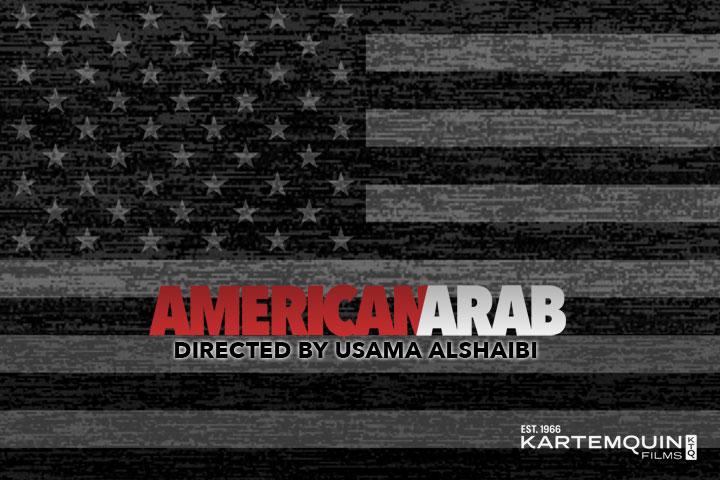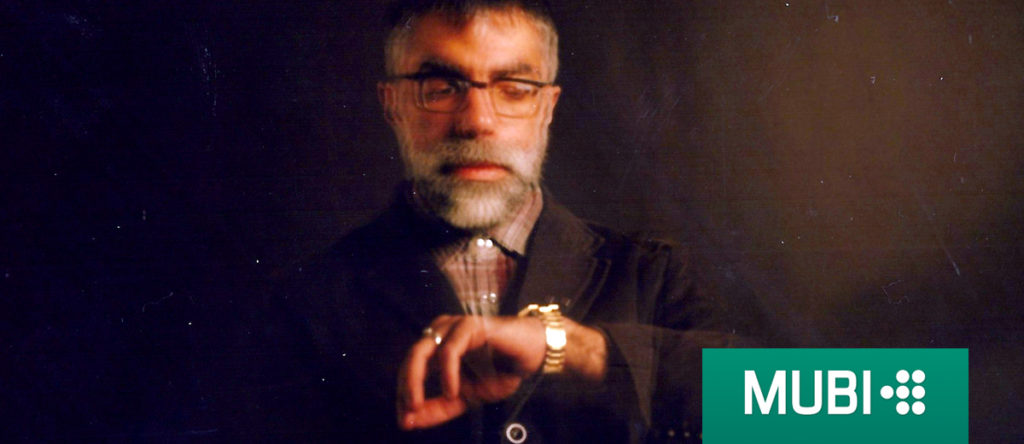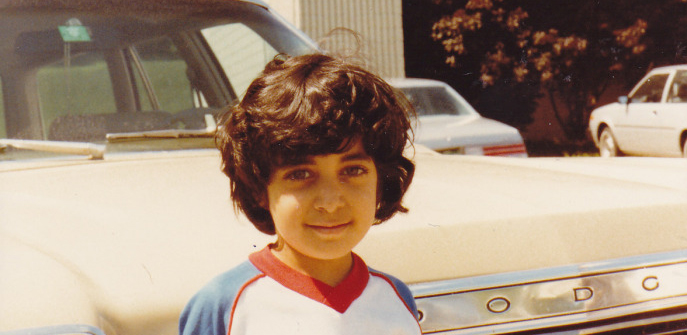The Seen Jeem Podcast highlights the voices of contemporary Arab American writers. It is brought to you by the Center for Arab American Studies and the Arab American National Museum and it is funded by the University of Michigan Arts Initiative and the Ford Community Development Fund
Listen to my interview with Sally Howell here: https://open.spotify.com/episode/5INL7HjG4nbX2fHXUakzGs
Category: Interviews
NPR NextGenRadio
Filmmaker Usama Alshaibi came to the United States from Iraq as a child. To him, being American means being proud of who you are and where you came from in the face of overwhelming resistance.
(Ivy Winfrey reports for Next Generation Radio with Colorado Public Radio)
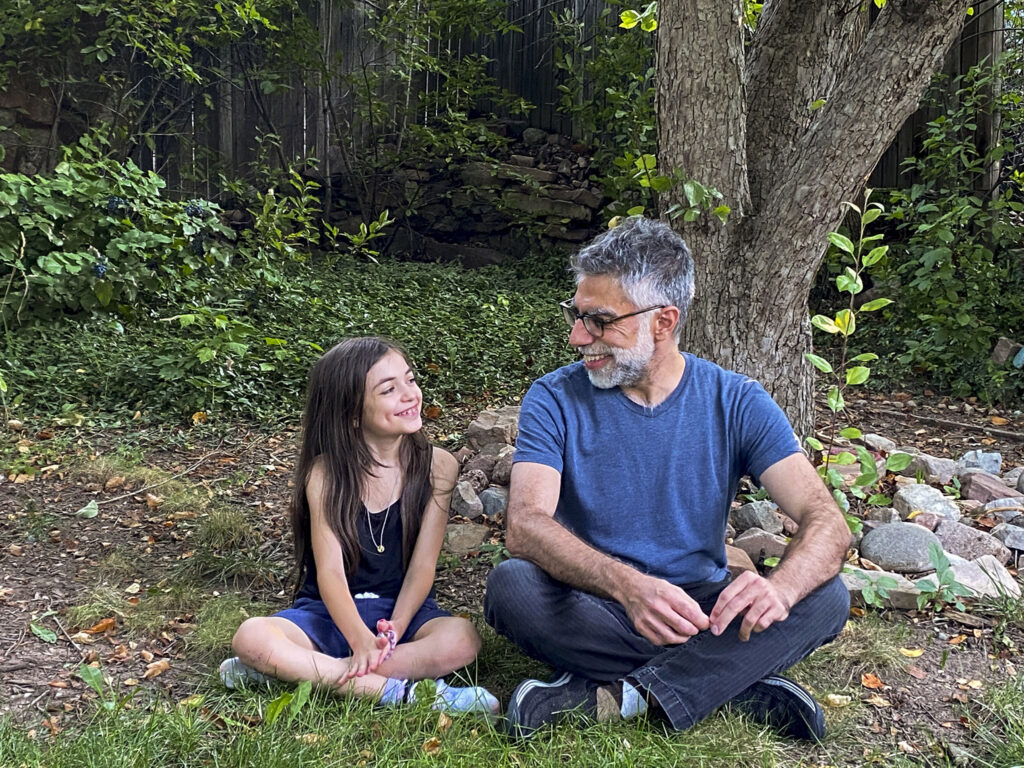
Filmmaker to Filmmaker Interview
Carey Burtt and I talk about film, life and death.
Westword Magazine on CINEMA-19

“At some point in the middle of summer, with protests against police brutality and the conflicts on the streets in the United States, we questioned if we even needed a film program like this,” admits Alshaibi. “But I believe we do need artistic expressions and documentation during a historical time like ours. There is no singular narrative of what we are going through, but we are definitely going through a transformation collectively — and all these films are trying to make sense of our strange and dark days. In the end, I think there is hope…there has to be.”
Read more: https://www.westword.com/arts/experimental-filmmakers-covid-pandemic-short-cinema-19-11776369
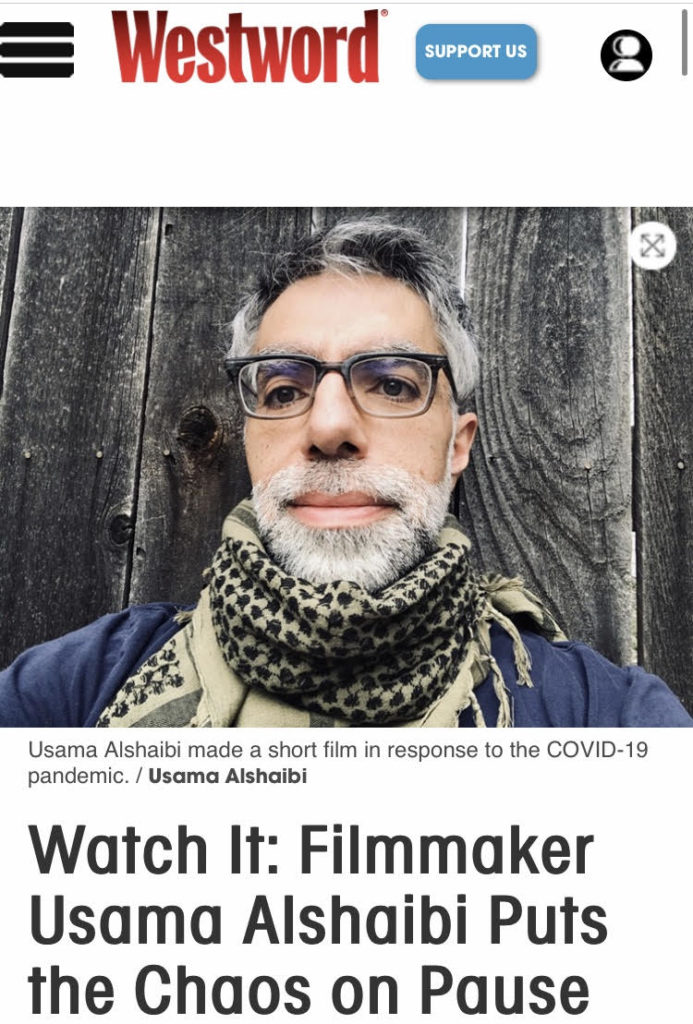
Like everyone else, Colorado filmmaker Usama Alshaibi’s life has been changed by the coronavirus pandemic.
As a teacher at Colorado State University, he found himself putting his classes online. And as a filmmaker whose work straddles transgressive cinema and documentary, often exploring Arab-American identity and his own experiences as an Iraqi refugee turned United States citizen, Alshaibi made a short, meditative landscape video about the strange historical moment we’re living through. It lasts just shy of a minute.
We caught up with Alshaibi to find out how he’s navigating the pandemic, to learn how it has affected his creative practice, and to discover more about his short film “Here.”
Westword: How are you handling the COVID-19 shutdowns?
Usama Alshaibi: I’m doing okay. I teach at Colorado State University, and we just migrated all our classes online. I’m also making sure the students are dealing with all this okay. I check in on their mental health. This is scary stuff.
My daughter, who is in second grade, is home, and so we are staying semi-active and making art and trying to stay creative. My partner keeps asking me to do yoga with her…I’m getting there. Things feel strange but also normal. I lived as a child during war, and so I feel weirdly prepared.
How does this affect your work?
It’s difficult to focus on older projects, and I tend to respond quickly to the current world around me. So I started recording audio daily about the pandemic for a potential podcast and started thinking of ways of expressing what I’m going through and what the people around me are going through. I wanted to make something immediately and not overthink it or overdo it. So I made this short video called “Here.”
Talk about “Here.” What is it about? What prompted it?
The video happened very quickly. I edited it in about a day. The footage came from a short film I shot years ago that was about a difficult period in my life, and I was spending a lot of time by myself and in my car — but that film never happened. It was too depressing.
But the footage had this isolated feeling to it that was pulling me back in. There is also this large mound in north Boulder that I often return to, and it shows up in many of my recent films. The mound has become this magical place that I project onto. So that mound comes in at the end of the film — but it is blue and the colors are off and you hear my voice whispering. The audio I recorded as I edited the video. It is a kind of evidence of what is happening.
The motion of the car with the rain and the birds chirping is at once calming but also slightly off. The birds are actually chirping backwards and the audio is not connected to what we are seeing. What is it about? It is about feeling a contradiction of feelings. It is about this tension in the air and the danger all around, but not seeing it yet. It is the horror underneath everything. It is about making our mark and saying we are still here but freaked out a bit.
What is inspiring you and keeping you active during this time? What are your worries?
I’m grading, reading, writing, painting, working on my script and trying not to watch too much news. I also love horror movies, and they have a calming effect on me. I meditate daily. I try and maintain some level of a daily schedule. Our neighborhood is great. People here are all caring and helping one another. My worry is that we learn nothing from this. If we can all stop being so angry and divided after this pandemic, that would be a good thing. We need one another to survive.
I worry about others that are struggling financially. I worry about everyone. My friend from Chicago and executive producer of my film American Arab, the famed documentary filmmaker Gordon Quinn, has been diagnosed with COVID-19, and I’m very worried about him. But my main worry is that things are going to get worse, and we are not totally prepared as a nation.
How are you supporting community, and what sort of support do you want to see from community?
I teach a film class, and I’m encouraging my students to explore the moment they are in. And I think art and creative expressions during this pandemic can help us and heal us.
We are lucky in many ways to have devices and the Internet to keep connected and also create. This is a good time to make work instead of consuming work. This is also a time to recognize that we are all connected and we need to work together.
Boy from War in Westword newspaper
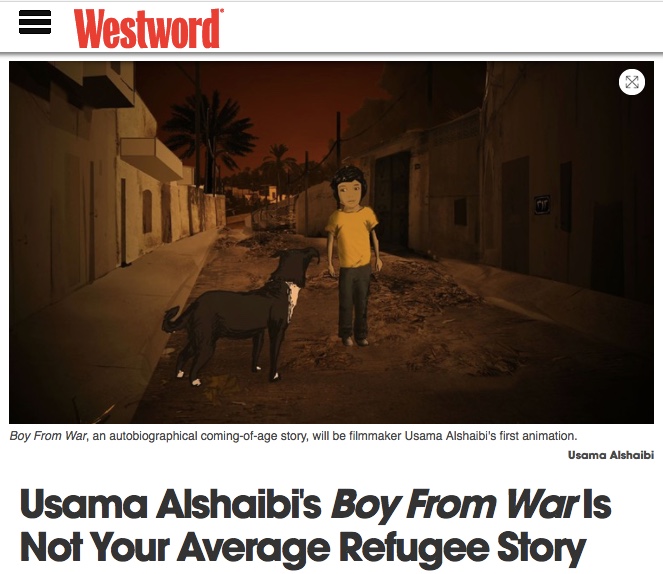
By Kyle Harris
Usama Alshaibi doesn’t think of himself as a model refugee-turned-citizen. He’s neither a poster-child immigrant that Democratic strategists could parade around as a shining example of what happens when the United States opens its arms to Arabs, nor the bomb-wielding anti-American terrorist that President Donald Trump would have us believe immigrants from Iraq must be.
He didn’t join the military or die fighting for the United States in its war that destroyed his home country of Iraq. He was an average student. He experimented with sex and LSD. He found himself in the punk-rock scene of the ’80s. He drew inspiration from the Beats. Kids teased him because of his name and ridiculed him as a foreigner; when he visited his family in Iraq, he was viewed as an outsider American — a misfit. Negotiating sexual liberation, drugs, punk and Islam hasn’t been exactly easy for him, or something he’s been inclined to talk about in the context of his Arab-American identity.
Indie Beat podcast interview
Check out this podcast interview I did with Chris Bell for The Playlist.. We had a very intense discussion on films and Arab identity in America.
Interview on Colorado Public Radio
Interview on KGNU Community Radio
American Arab: Why is being an Arab suddenly the opposite of being a decent man? Click here to listen.